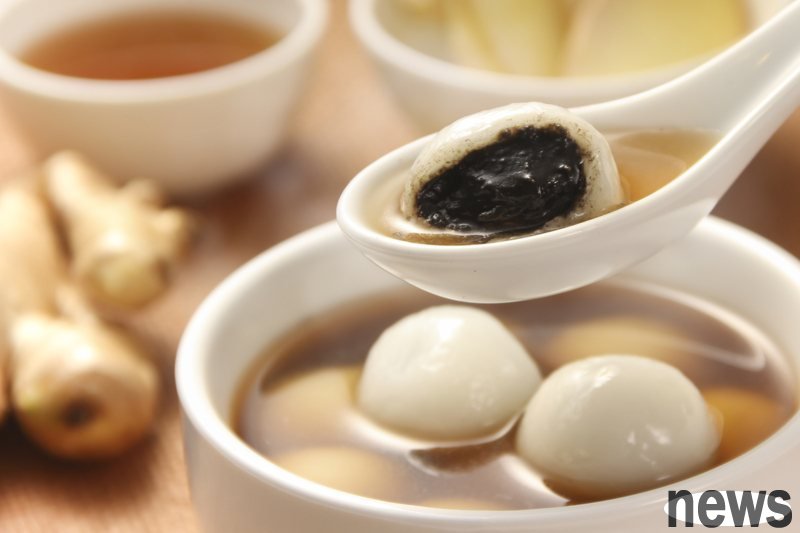
Tomorrow is the winter solstice. According to traditional customs, every household will eat soup to pray for everything to be full and to be a family group, which also symbolizes growing up again. However, the soup is a product of glutinous rice, and is a combination of high-grade powder, high oil and high sugar. It has strong water absorption and high viscosity. Its peristalsis in the stomach is slower. Eating a lot of food can easily cause indestructible powder to cause bacterial fermentation in the kidneys and produce gastric gas, resulting in unsuitable stomach and stomach problems. You need to be extra careful when eating.
Chen Zhixiang, the attending physician of the Department of Gastroenterology and Hepatology at Ciqi Hospital in Taipei, suggested that the soup is high in heat and is not conducive to digestion, so the portion needs special control. Do not eat it in large quantities without any condition to avoid the inability to decompose the powder and thus produce gastric gastrointestinal reflux.
{9 Moreover, sweet soup peanuts and sesame flavors belong to foods with high phosphorus. Whether it is chronic kidney disease or dialysis, it is not recommended to take it in order to avoid excessive blood phosphorus.As for diabetic patients, because the outer skin of the soup is glutinous rice, the various ingredients are mostly sugar-containing products, such as bean paste, lemon, etc. Compared with rice that is commonly eaten daily, taste it to avoid excessive blood sugar. In addition, taking too much soup can cause obesity and cause a lot of damage to the stomach, patients with stomach tracts, have a history of kidney stickiness, or have long-term constipation should also pay attention to the amount of food taken.
Emotion affects digestive function. In addition to the interaction between food and bacteria in the kidney, emotions can cause gastric function, and the gastric peristalsis of the human body is controlled by the self-regulatory nerve, which is affected by emotions, pressure, etc. Therefore, people who are more anxious and have greater pressure are more likely to develop symptoms of irritation or indigestion. The clinical treatment of gastrointestinal reflux is to give gastrointestinal drugs to treat and massage the stomach. Dr. Chen Zhixiang shared: "Putting peppermint oil on the stomach and massage evenly allows gas to be drained out of the body and promotes gastric peristalsis, which can improve the symptoms of gastrointestinal reflux."Chen Zhixiang said that people with chronic diseases or dyspepsia should consult a gastrointestinal hepatologist or nutritionist to evaluate the intake before eating soup. Avoid glutinous rice, fried foods, large amounts of vegetables and fruits, bean products or other foods that may cause indigestion and gastrointestinality. And when eating, chew slowly and control portion size, or use appropriate amounts of vegetables and fruits, and exercise after eating to promote stomach peristalsis and help digestion. "If your stomach gets worse and worse, and even suffers from painful or obstructive symptoms, you have to go to the hospital as soon as possible and seek special treatment.
